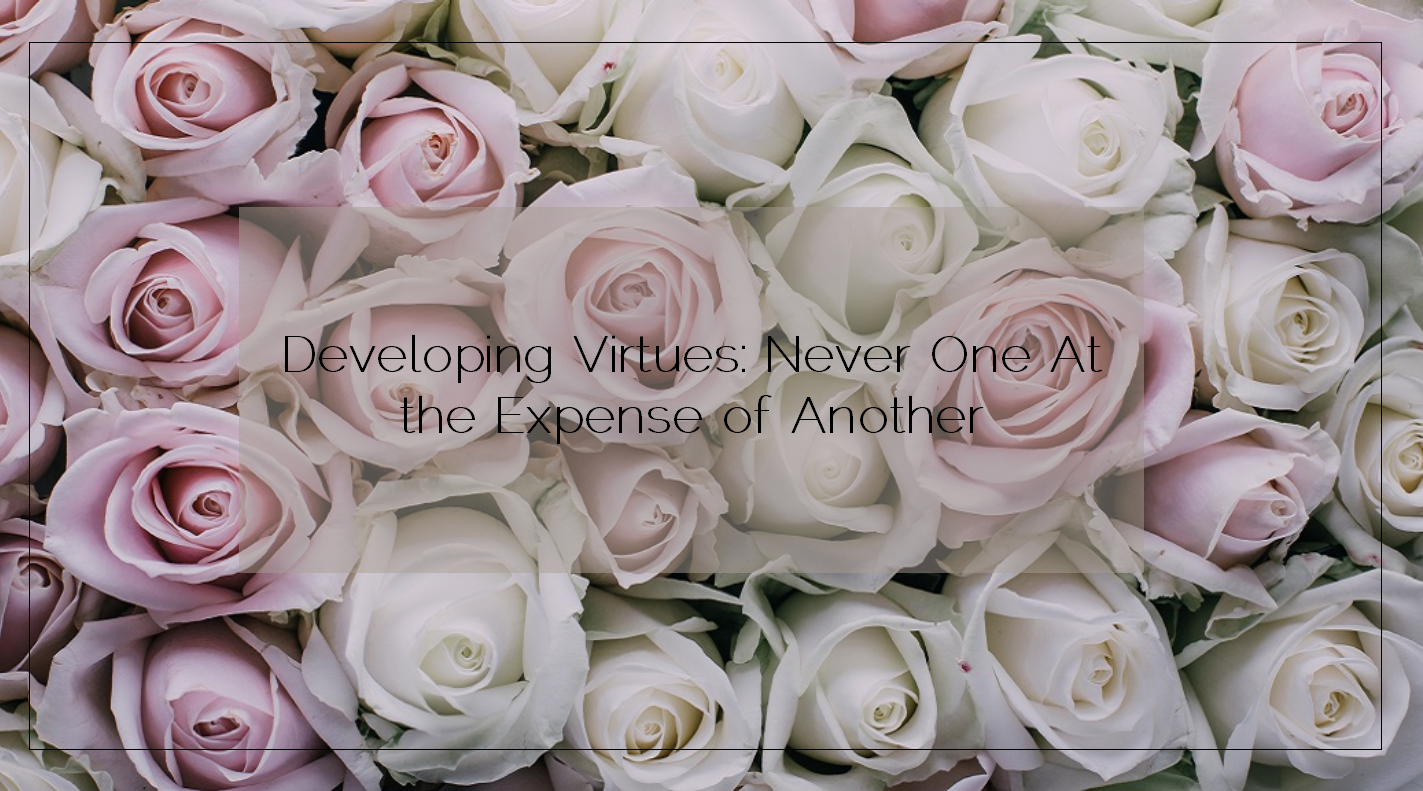Last June, I came across an article by John Haltiwanger in which he explained why optimists are always late. While articles such as his do help understand how people—ourselves or others—think and function, the way Haltiwanger went about excusing lateness as a natural consequence of a virtue didn’t jive well with me. I felt that instead of building on the strength of optimism to become an ever better person, he was encouraging laxity with regards to developing the virtue of timeliness.
This article seems to be part of a broader, growing trend of “accept me as I am”. This trend is, in itself, a great one, the benefits of which includes detaching ourselves from judgement, divesting ourselves from prejudices, and making the effort to know people for who they are. The spirit created in a community where all individuals evince such an attitude is a loving and warm one, indeed.
However, we shouldn’t use this trend as an excuse to not work on improving ourselves. For example, while no body type should be shamed, certain body types are known to be correlated with major health issues. Everyone should believe in “I’m 5’6’’ and a size 20 and I’m beautiful” but it shouldn’t be confused with “I’m 5’6’’ and a size 20 and I’m beautiful and I don’t need to change.” The former is true; the latter one isn’t, and is often used as an excuse for a second piece of pie.
At the level of the community, using this trend as an excuse to do whatever one wants is related to the crumbling of societal rules that keep us functioning as a group. If society is a sort of machine, there are certain rules that need to guide its functioning. If everyone decides to run by their own clock, how well would society function? Can you imagine the state of public transportation? And I’m sure no one would like to think of all the medical staff in their local emergency room all being late for their shift.
We have to accept people as they are, indeed. There is no question about this. However, we cannot do so at the expense of our communities. When everyone within a community runs by a clock that is ten minutes late, then technically, they are all on time. Haltiwanger says that everyone runs late in Spain; but this means that everyone therefore arrives at the same time, that there is a common understanding which allows for the community to function. That’s why it works. Going to Spain and expecting them to act like an American will not work, just like living in America and acting like a Spaniard will not work.
I often feel like, under the guise of “accept me as I am”, we are slipping into mediocrity. It’s great to have optimists living amongst us; but this strength should not come at the cost of being dependable and trustworthy. If I can’t trust an optimist to be on time, then why would I trust an optimist about anything—even about being an optimist?
Arguments like these create a dichotomy between the individual and not the community; they put us in a position of choosing between individual rights or the community’s well-being. This is a false choice that creates injustice—why can the optimist be consistently late and not everyone else?
So the question isn’t “accept me as I am and let me do what I want” but rather “accept me as I am while I accept you as you are and we figure out how to make it work.” I would like to suggest that the core of the issue is that a chronically broken promise to be somewhere at a certain time does not create a strong foundation for a healthy relationship, which in turn affects the well-being of the community. But what if instead, the chronically late person makes a consistent effort to be on time and the on-time person made a consistent effort to be understanding when old habits resurface?


This is a concept my boyfriend and I have been talking a lot about recently. You described it beautifully!
Thank you for reading and commenting, Cassie! I’m glad that others are on the same line–it gives me hope that I am not that far off the left field 😉 What are some of the conclusions your boyfriend and you have drawn? I would love to hear them, if you have the time/patience for it 😉
I’m currently studying nutrition so we talk a lot about the self-acceptance movement and how that’s sometimes used as an excuse to not improve one’s health. I think it can be hard to love yourself as you are but still be aware of where you can improve.
What a fantastic post. Very insightful and well written. It really got me thinking.
Best wishes and keep up the great posts, Rianna- Bohemian Wanderlust.
Thank you for reading and commenting, Rianna! I’m really glad you likes this post. Let me know what your conclusions are, I would love to hear them!
I really like this. It’s kind of like not resting on your laurels. It’s good that you are optimistic but don’t leave it at that. Now learn to be on time as well.